How can I undo my last accidentally commited (not pushed) change in Mercurial?
If possible, a way to do so with TortoiseHg would be prefered.
Update
In my concrete case I commited a changeset (not pushed). Then I pulled and updated from the server. With these new updates I decided, that my last commit is obsolete and I don't want to sync it. So it seems, that hg rollback is not exactly what I'm searching for, because it would rollback the pull instead of my commit.



